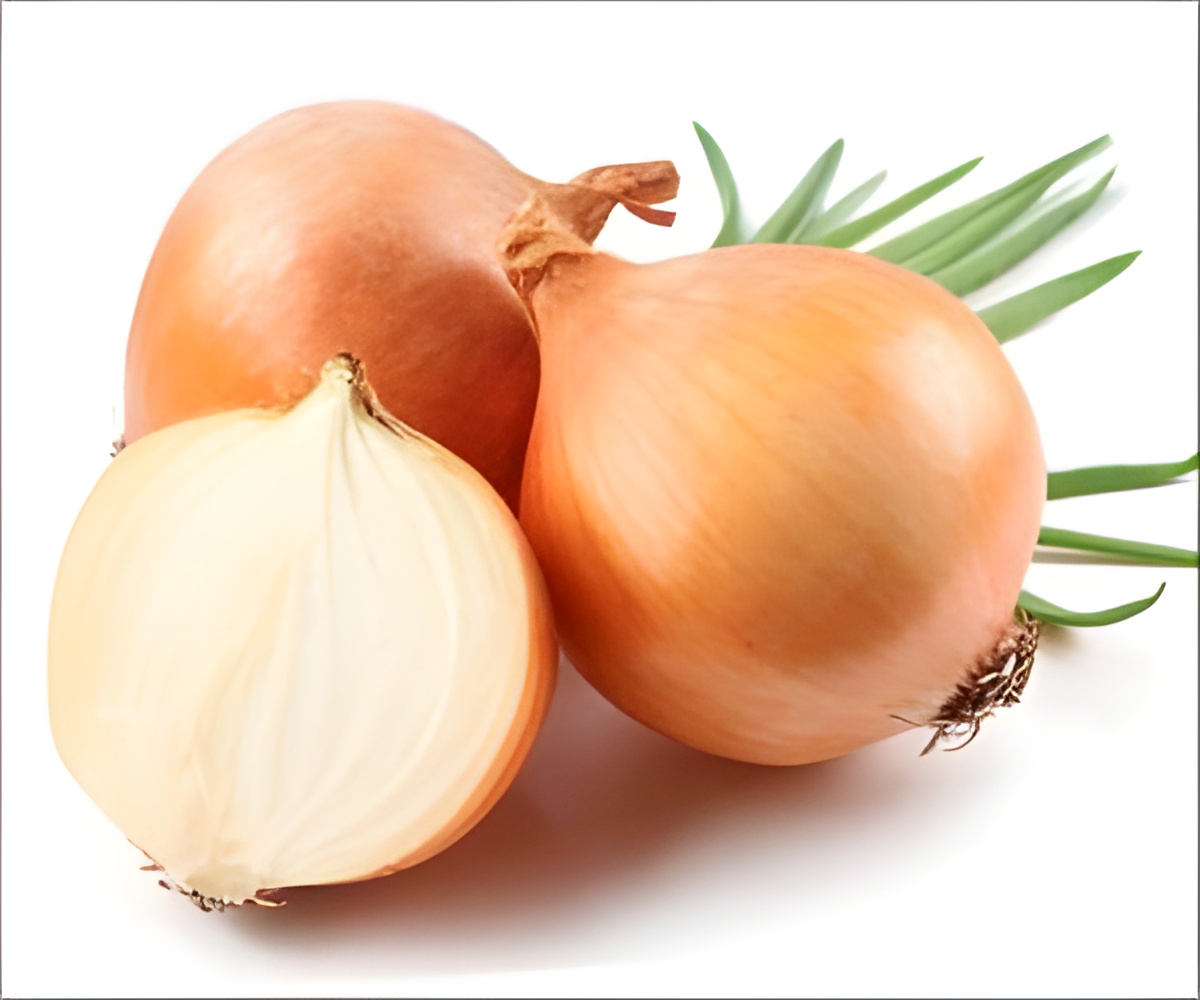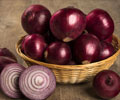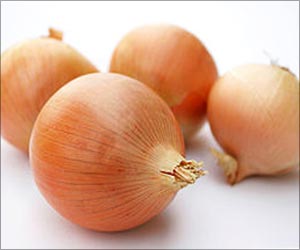When an onion is cut, it has a natural defense mechanism that springs into action, producing LF. This kind of compound is rare, only four natural types exist.

‘Raw onion is known to lower the production of LDL (bad cholesterol) and keep your heart healthy. The vitamin C along with the phytochemicals present in onions helps build immunity.’





According to the National Onion Association, the average American consumes 20 pounds of onions each year. When an onion is cut, it has a natural defense mechanism that springs into action, producing LF. This kind of compound is rare -- only four known natural types exist. An enzyme in the onion known as lachrymatory factor synthase (LFS) spurs production of LF in the onion. "Tearless" onions, sold exclusively in Japan for a hefty price, don't make LFS so they also don't produce the irritant LF. But scientists have been at a loss to explain exactly how LFS helps LF form. That's because it is extremely reactive, and LF evaporates or breaks down easily. Marcin Golczak and colleagues wanted to take a different approach to solve this mystery once and for all.
The team determined the crystal structure of LFS and analyzed it. With the crystal structure, they could finally see the architecture of the enzyme as a whole and its active site as it bound to another compound. By combining this information with known information about similar proteins, the group developed a detailed chemical mechanism that could explain the precise steps involved in LF synthesis--and hence, why people wind up crying when they chop an onion.
Source-Eurekalert








